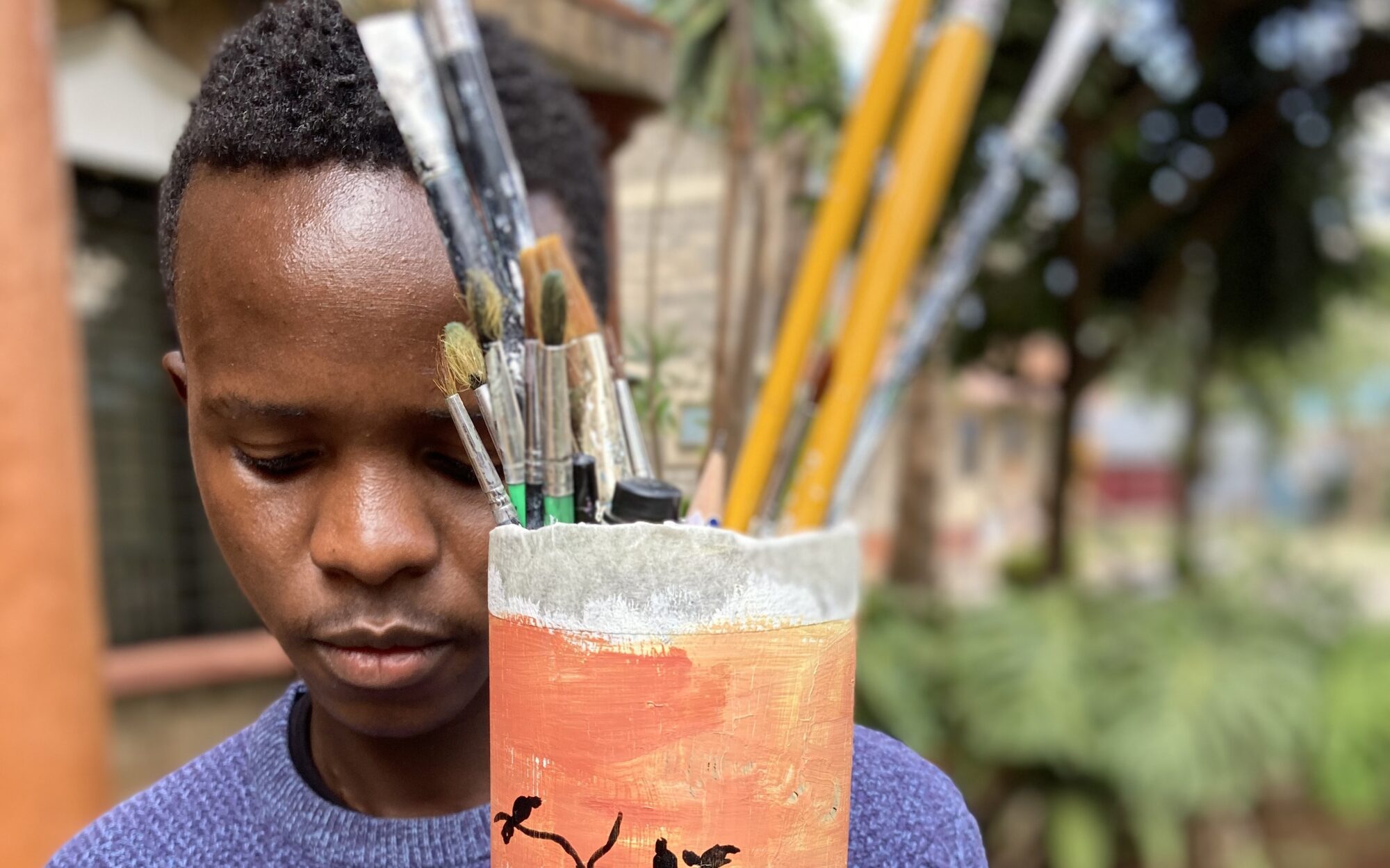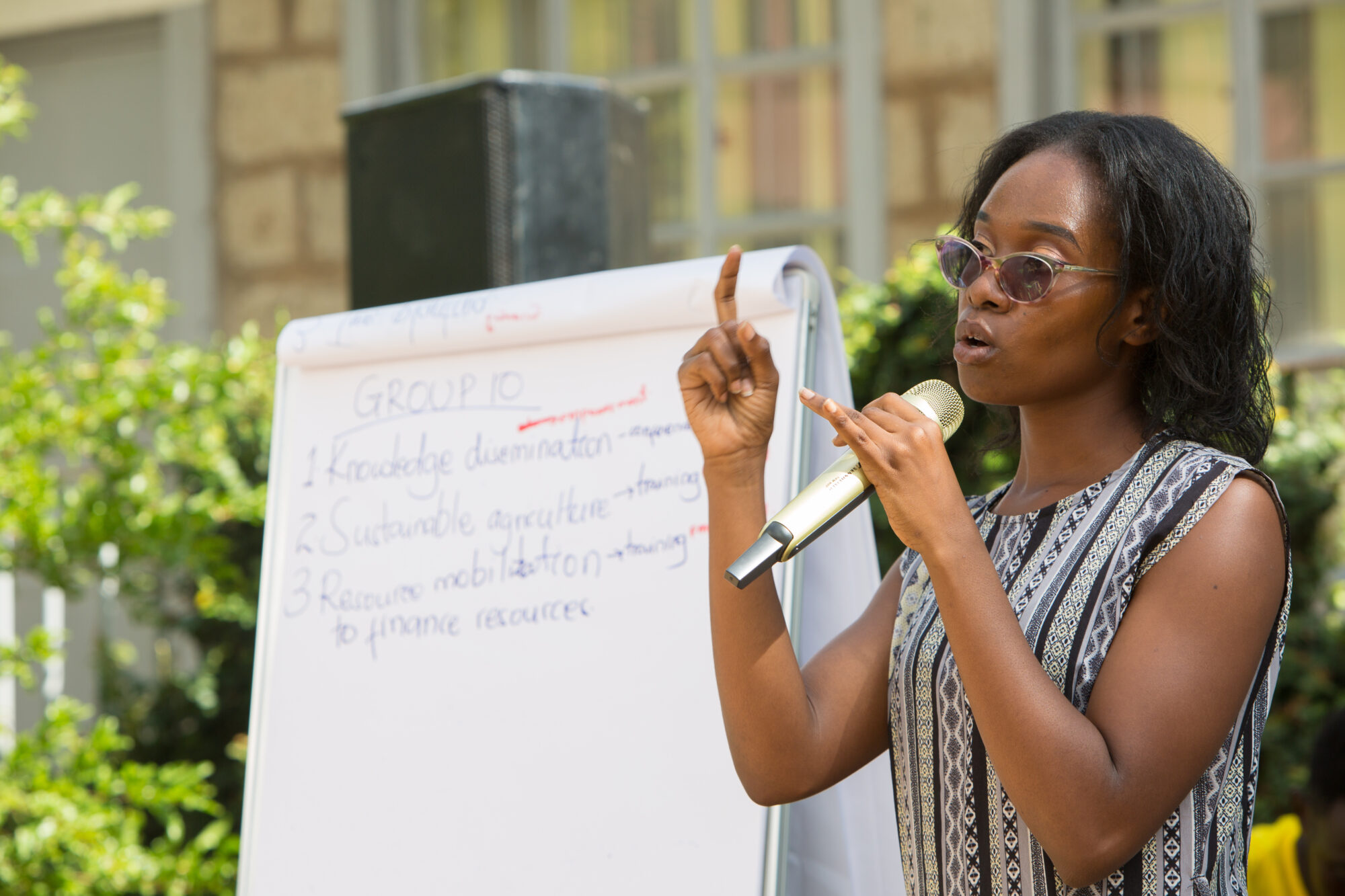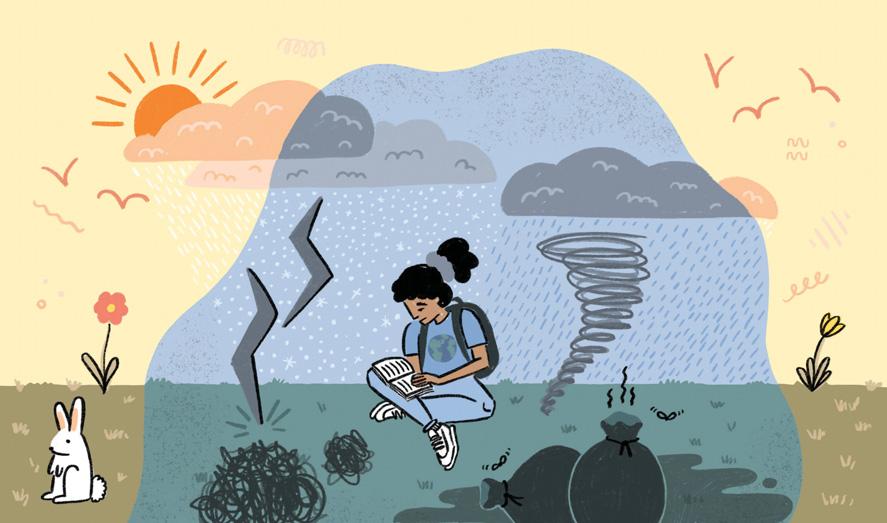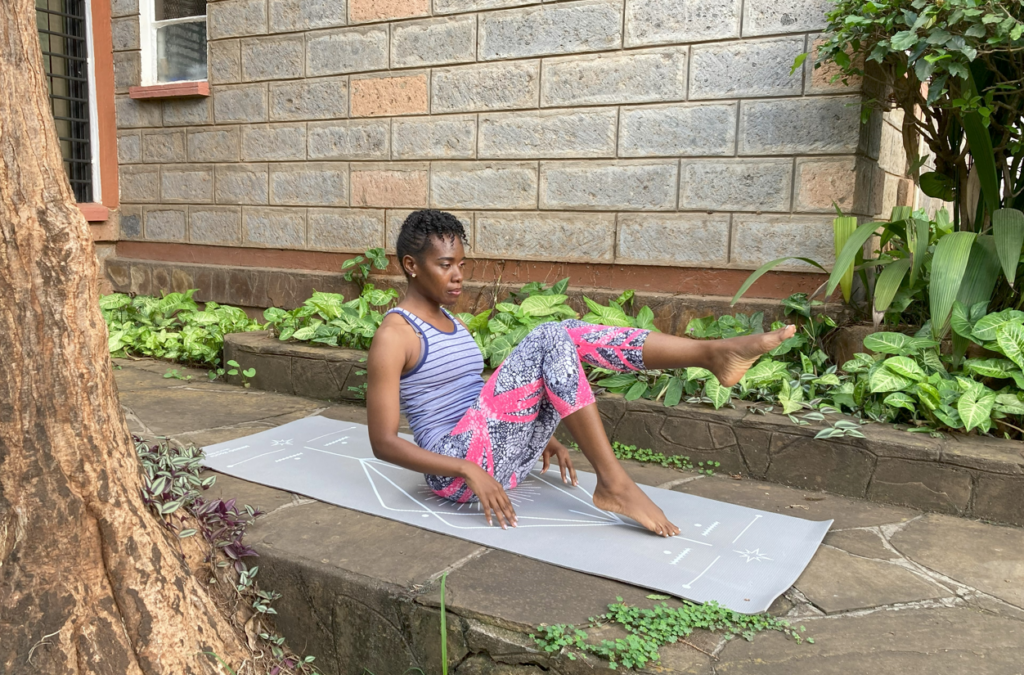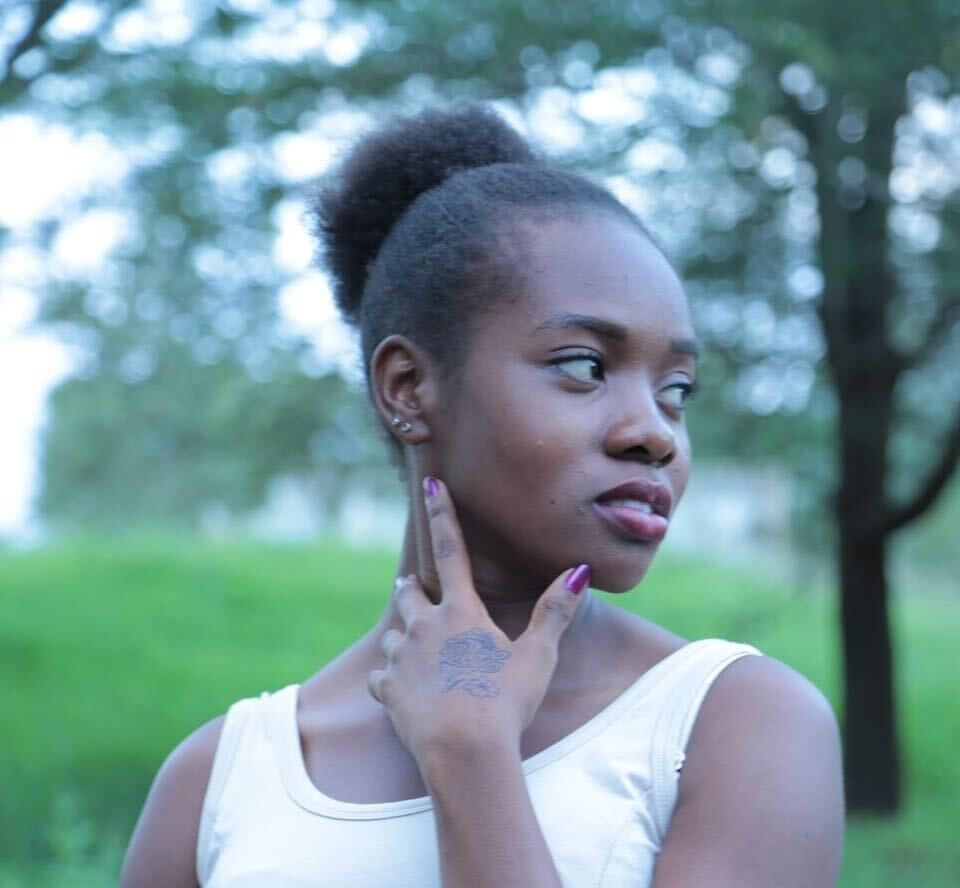My journey started when I was introduced to Ubunifu Hub by a friend through our youth group, “Hatua kwa Hatua”. Little did I know that it would become the guiding light for my journey. The passionate trainers at the hub opened my eyes to the critical issue of climate change advocacy, igniting a curiosity within me that I never knew existed.
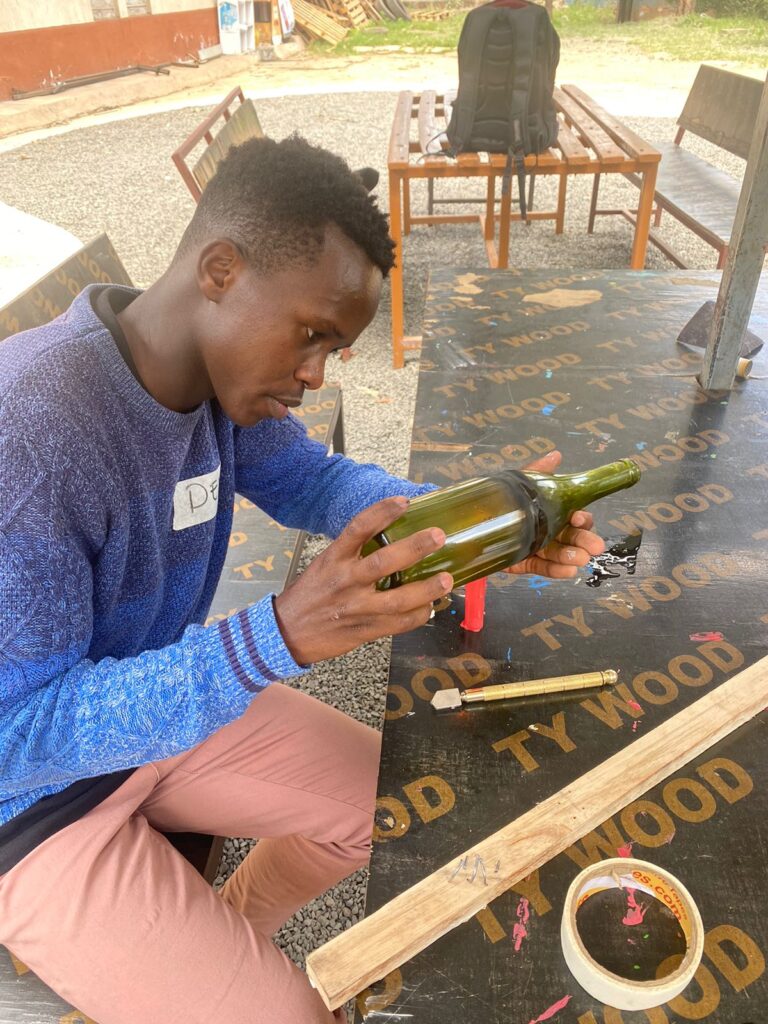
As I delved into this new knowledge, I discovered a creative pathway that merged my passion for art with my newfound understanding of climate change. The resources available at the hub allowed me to evolve and enhance my artistic skills, propelling me to new heights of creativity and expression.
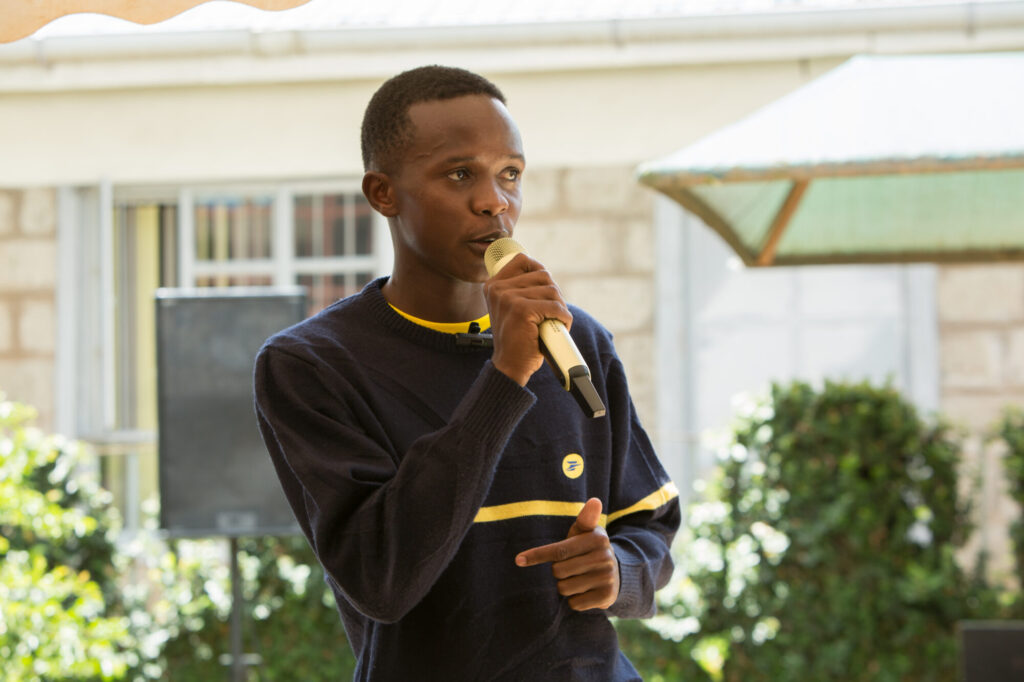
One of the pivotal moments in my journey was the opportunity to participate in the ‘I Hummingbird Effect’ campaign led by Tracy Makheti. I created a captivating puzzle art piece and an impactful painting. These works not only showcased my talent but also sparked positive conversations and dialogues on the pressing issue of climate change. Through the campaign, I gained the confidence to continue my journey as an artivist.
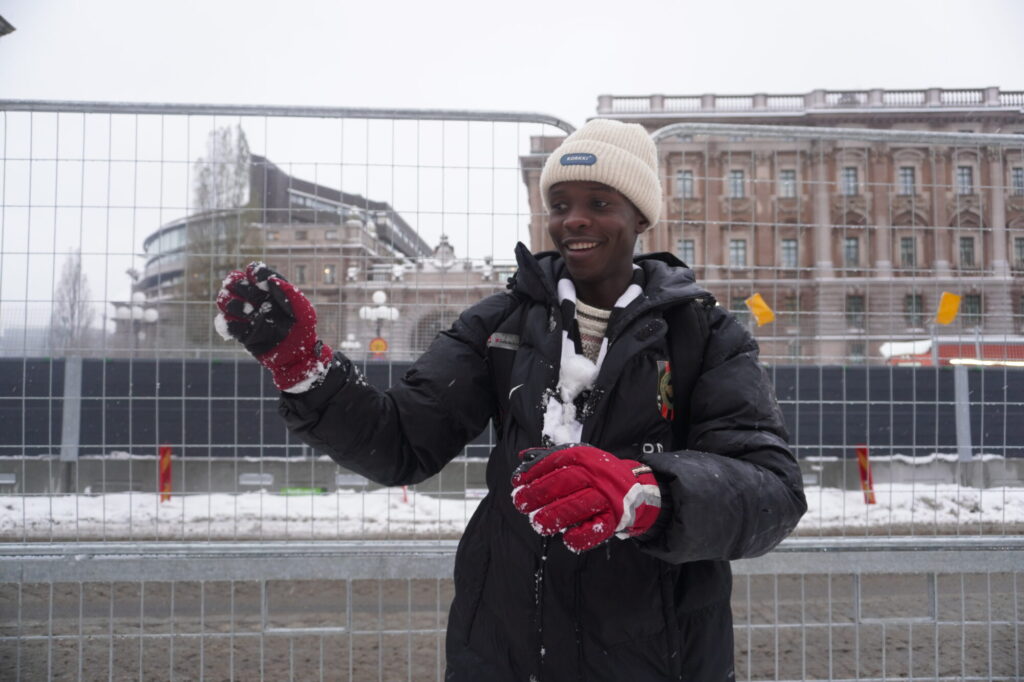
The impact of my art extended beyond local borders when I was given the opportunity to travel to Sweden for a youth exchange program. There, I not only gained invaluable knowledge but also shared my artistic gifts with fellow youth from other Planet One hubs, fostering growth in my career as a self-taught artist. Throughout this transformative journey, the team at Ubunifu Hub has been my unwavering support system, providing a nurturing space where creativity flourishes. Their guidance has not only shaped my artistic endeavors but has also empowered me to become a better advocate for change.
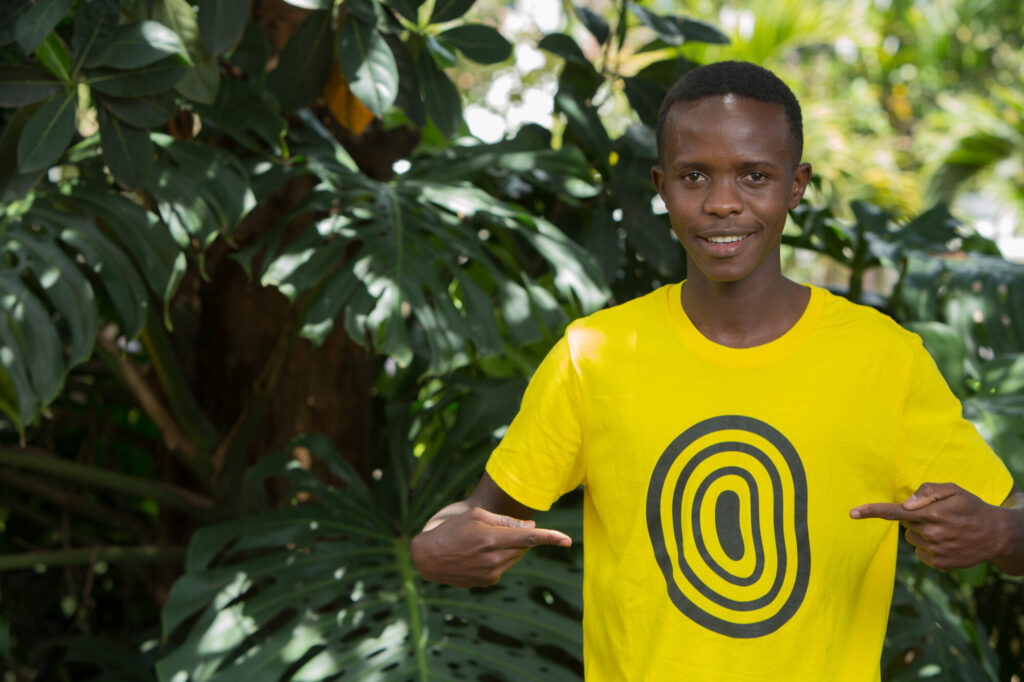
I want to express my deep gratitude to Ubunifu Hub for being my stepping stone to my purpose. Your dedication to teaching and advocacy has been instrumental in shaping my journey as an artistic SDG activist. Through your guidance, I have found my voice and passion for climate stories, and I have been able to network with like-minded individuals who have further impacted my life.
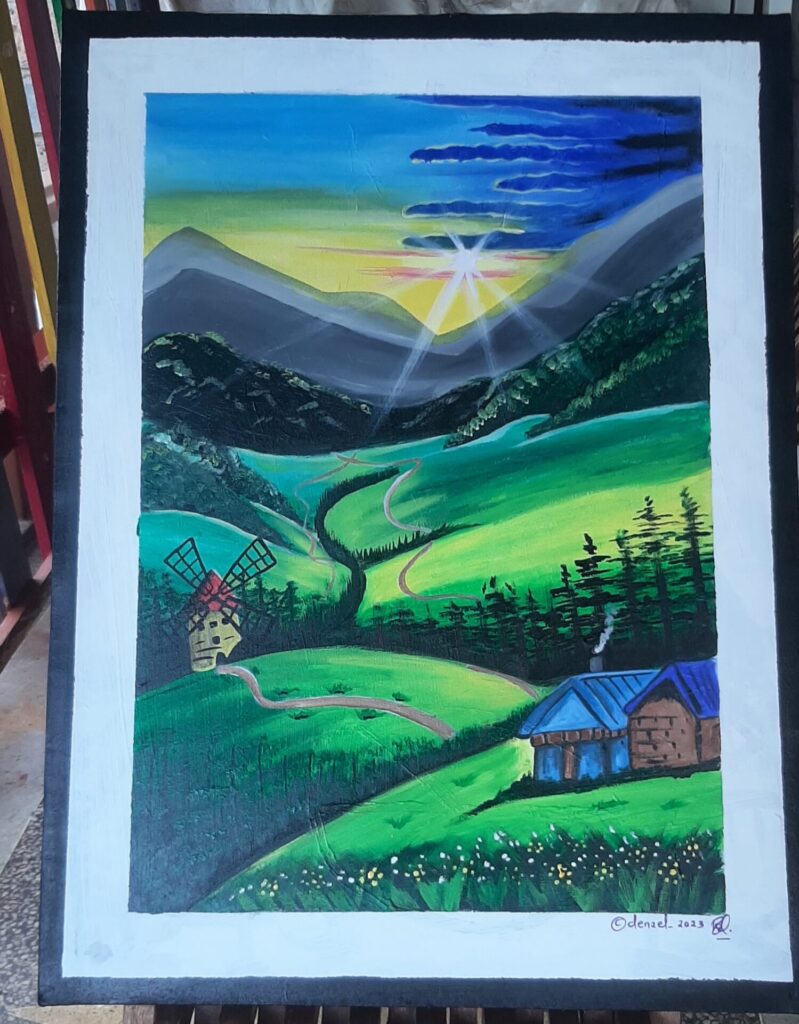
Your commitment to nurturing talent and giving support has inspired me to educate my community through edu murals that emphasize the importance of climate advocacy and mitigation. The skills and knowledge I have gained from you have empowered me to make a meaningful difference in the world around me.
Thank you for the profound impact you have had on my life. Your unwavering support, constructive feedback, and belief in my potential have helped me grow not only as an artist but as a person. Your mentorship has instilled in me a sense of confidence, creativity, and a lifelong love for learning.
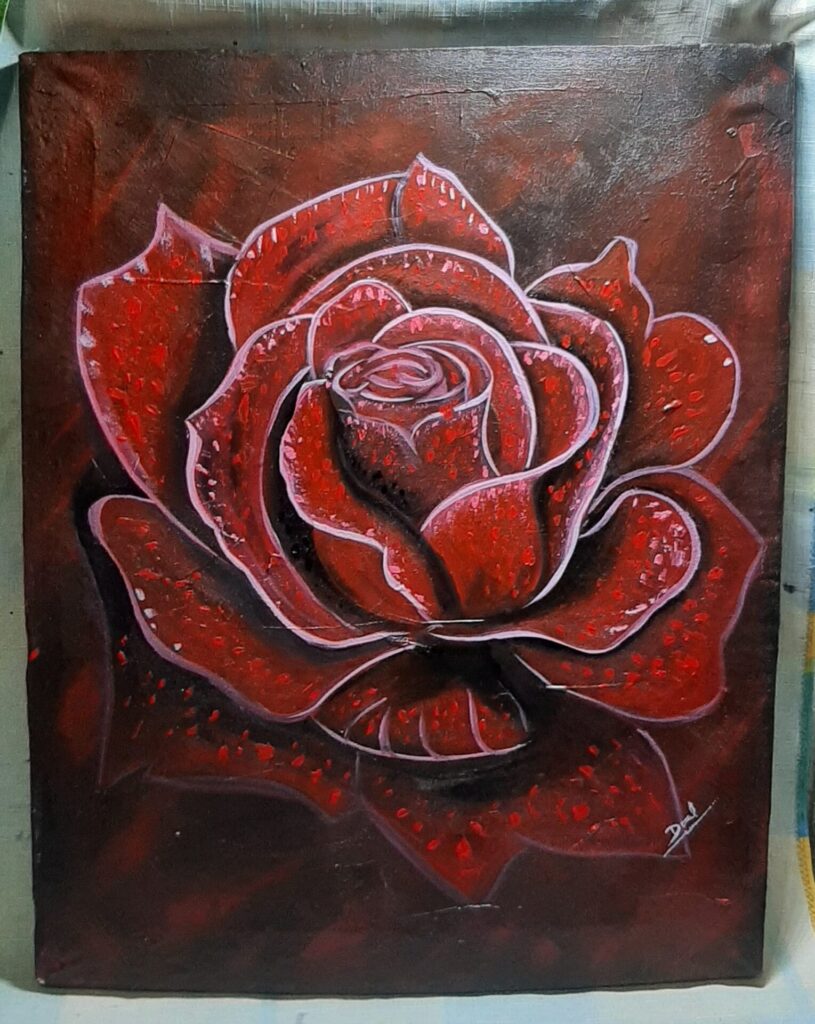
I am truly grateful for the countless hours you have dedicated to teaching and guiding me. Your patience, kindness, and genuine care for your students have left an indelible mark on my heart. Thank you for being an exceptional teacher, a mentor, and a friend.
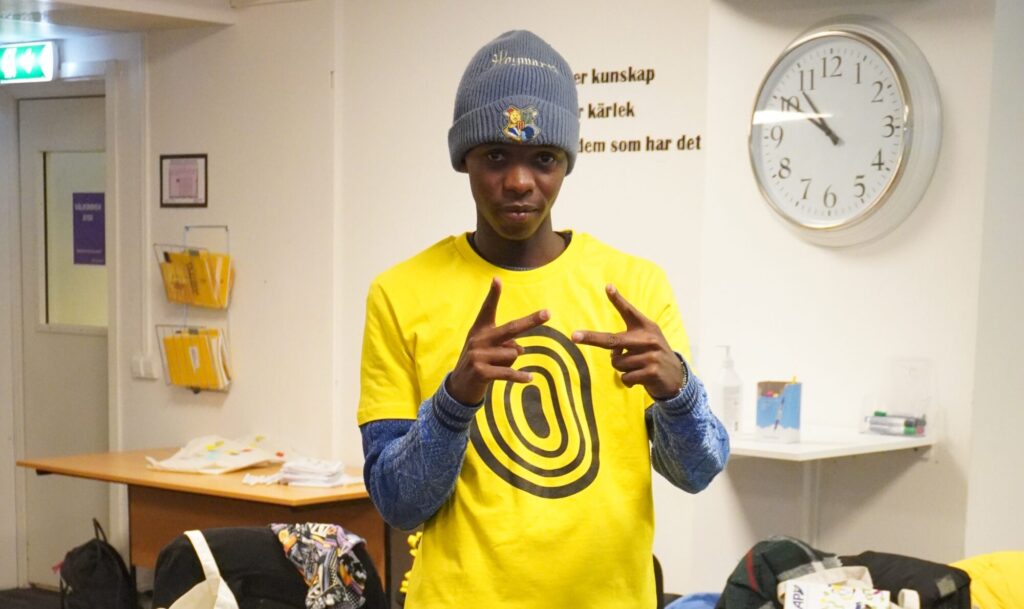
Today, I stand as a testament to the transformative power of art and advocacy, all thanks to the profound impact of patience, hope, and hard work.
Denzel Juma, Young Member, Ubunifu Hub, Nairobi, Kenya
